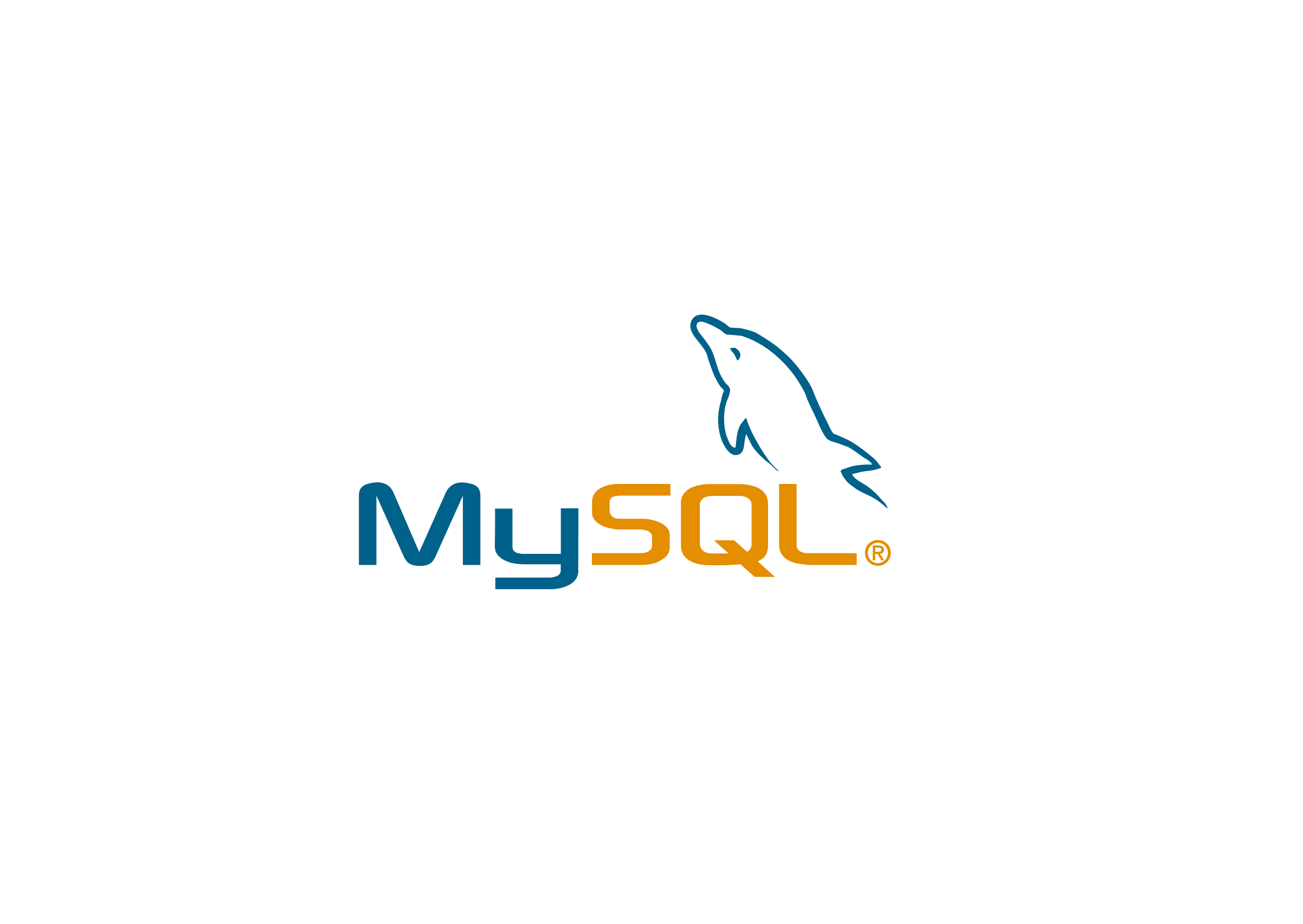

MySQL's reliability, performance, scalability, ease of use, security, cost-effectiveness, and strong community support make it a good choice for many applications and organizations.
MySQL is designed for fast query processing and efficient data handling, making it a great choice for applications requiring high performance, such as e-commerce websites, banking systems, and data warehouses.
start building ->MySQL provides strong data integrity, crash recovery mechanisms, and replication features to ensure that data remains safe and accessible even in the event of failures.
start building ->Multiple users can access and interact with a MySQL database simultaneously without conflicts, making it ideal for collaborative applications and large-scale systems.
start building ->MySQL supports ACID (Atomicity, Consistency, Isolation, Durability) principles, ensuring data integrity and reliability, which is crucial for transactional applications like banking and financial systems.
start building ->MySQL offers different backup solutions, including logical and physical backups, ensuring that data can be restored in case of accidental loss, corruption, or hardware failure.
start building ->

MySQL is a popular open-source relational database management system (RDBMS) that offers several advantages, making it a preferred choice for many developers and organizations. Here are some reasons why MySQL is widely used: Reliability and Stability MySQL has a reputation for being a reliable and stable database system. It has undergone extensive testing and is known for its robustness and ability to handle large volumes of data and high traffic loads. Ease of Use MySQL is relatively easy to install, configure, and use, especially compared to other enterprise-grade database systems. It provides a straightforward command-line interface and user-friendly graphical tools for administration and development tasks. Performance MySQL is designed to deliver high performance even in demanding environments. It is optimized for speed and efficiency, offering excellent query execution times and efficient data storage and retrieval mechanisms. Scalability MySQL can scale effectively to handle increasing workloads and data volumes. It supports various replication techniques, allowing you to distribute the database across multiple servers and handle a higher number of concurrent connections. Flexibility MySQL supports a wide range of operating systems, programming languages, and development frameworks, making it a versatile choice for different application scenarios. It also offers comprehensive support for various data types and features like transactions and stored procedures. Community and Support MySQL has a large and active community of developers, users, and experts who contribute to its development, share knowledge, and provide support. This vibrant community ensures that MySQL remains up-to-date, secure, and well-documented. Cost-effective MySQL is open-source software, which means it is free to use and modify. This makes it a cost-effective option for small businesses, startups, and projects with budget constraints, as it eliminates licensing costs. Integration MySQL integrates seamlessly with other popular technologies and tools, such as web servers (e.g., Apache), scripting languages (e.g., PHP), content management systems (e.g., WordPress), and frameworks (e.g., Django). This enables developers to build robust and scalable applications using familiar tools.